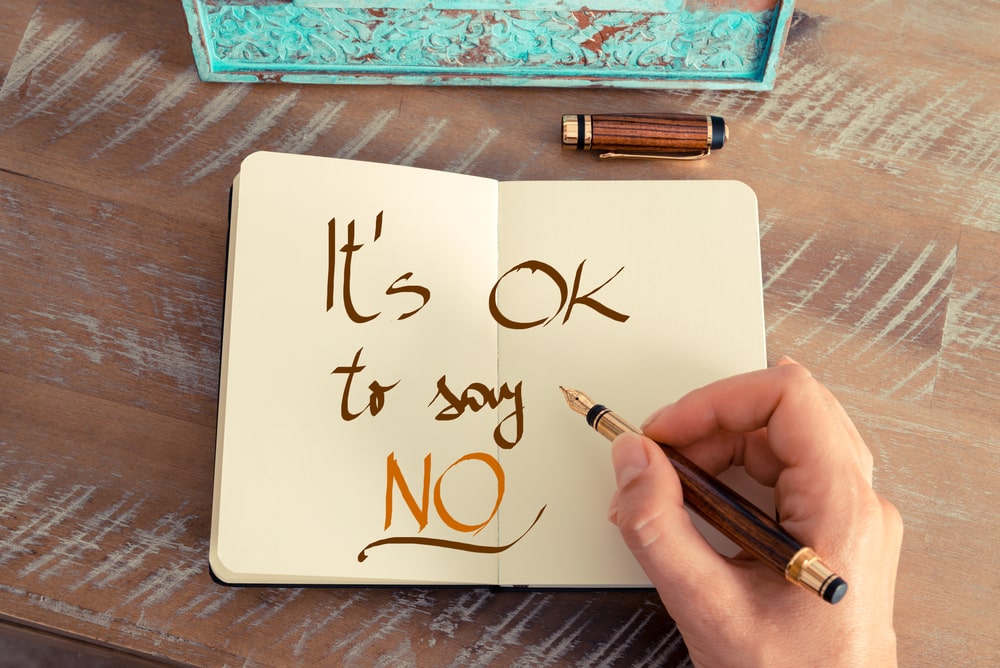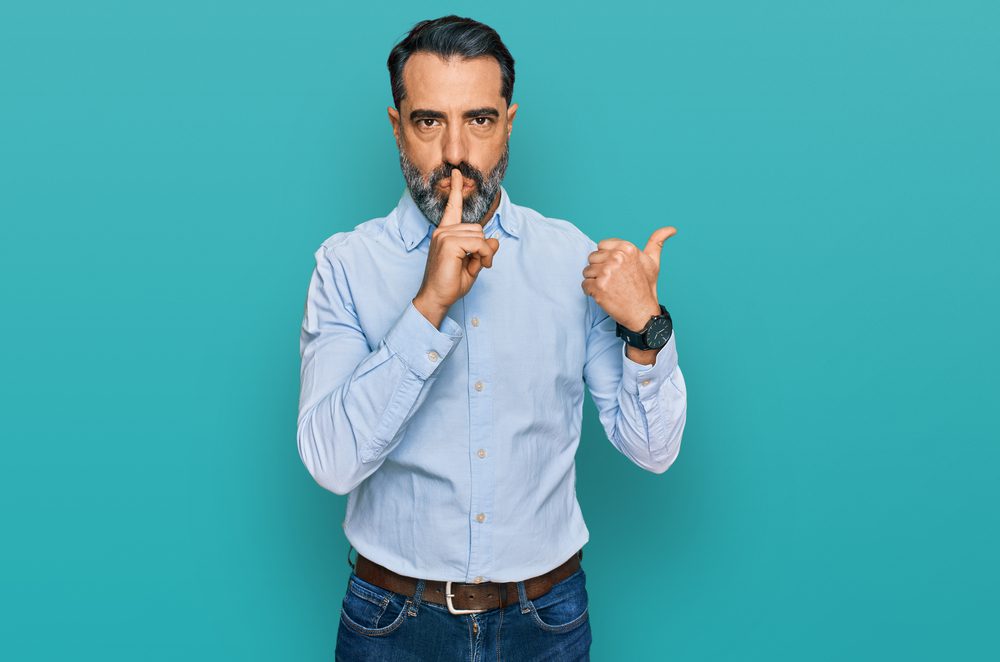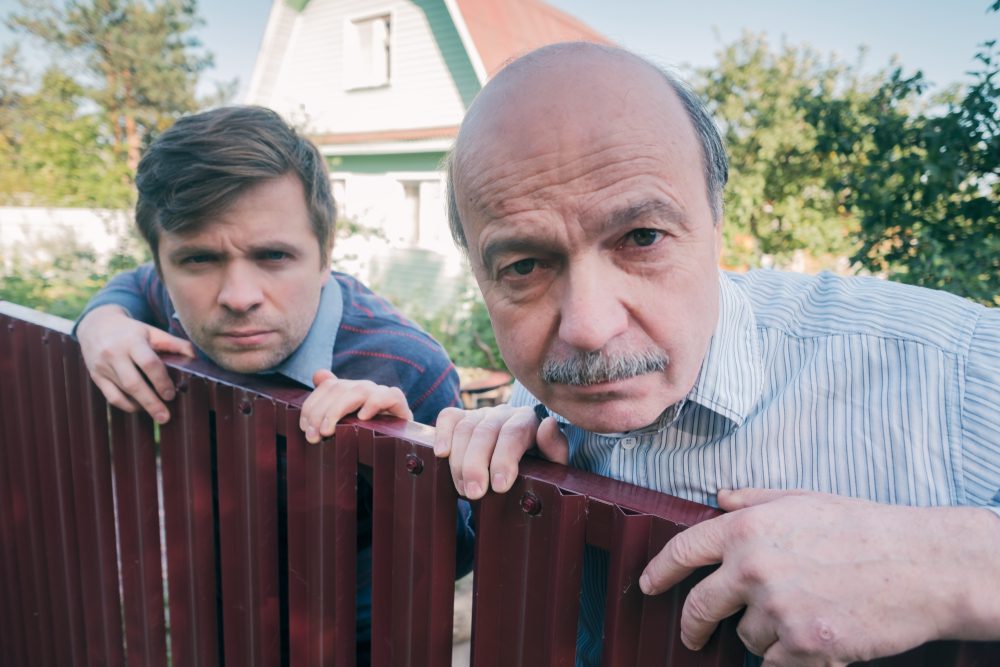
When to Talk to a Doctor or Mental Health Professional
Mindfulness and meditation are powerful tools for well-being, but they are not a substitute for professional medical care. It is essential to understand their role as a complementary practice and to know when it is time to seek help from a clinician. Your physical and mental health are too important to manage alone.
Normal Aging vs. A Reason for Concern
It is normal to experience some mild changes in memory as you age, such as occasionally misplacing your keys or having a name on the tip of your tongue. These are often called “benign senescent forgetfulness.” However, more significant changes in memory or thinking are not a normal part of aging and should be evaluated. Red flags that warrant a doctor’s appointment include difficulty with familiar tasks (like managing finances or following a recipe), getting lost in familiar places, frequent confusion, or changes in personality or mood. Only a qualified clinician can determine the cause of these symptoms. For more detailed information, resources from the Alzheimer’s Association can be very helpful.
Preparing for Your Appointment
When you do see your doctor, being prepared can help you make the most of your visit. Before you go, take a few moments to write things down. Make a list of your specific concerns or symptoms. Note when they started and how frequently they occur. Also, compile a complete list of all your medications, including prescriptions, over-the-counter drugs, and any vitamins or supplements you take. Finally, write down any questions you have. This simple preparation ensures you won’t forget anything important during your appointment.
Mindfulness Is a Tool, Not a Cure
While mindfulness can significantly help with symptoms of mild to moderate anxiety and low mood, it is not a standalone treatment for clinical mental health conditions like major depressive disorder, generalized anxiety disorder, or post-traumatic stress disorder (PTSD). These conditions require a comprehensive treatment plan from a doctor or mental health professional, which may include therapy, medication, or other interventions. Think of mindfulness as a valuable part of your overall health toolkit, alongside professional care, proper nutrition, physical activity, and social connection.
Safety First: When to Pause
For a small number of people, particularly those with a history of significant trauma, turning inward during meditation can sometimes bring up difficult or overwhelming emotions and memories. If you find that meditation consistently makes you feel more distressed, agitated, or dissociated, it is important to stop the practice and consult with a trauma-informed mental health professional. They can help you find ways to approach mindfulness that feel safe and supportive for you.










Leave a Reply